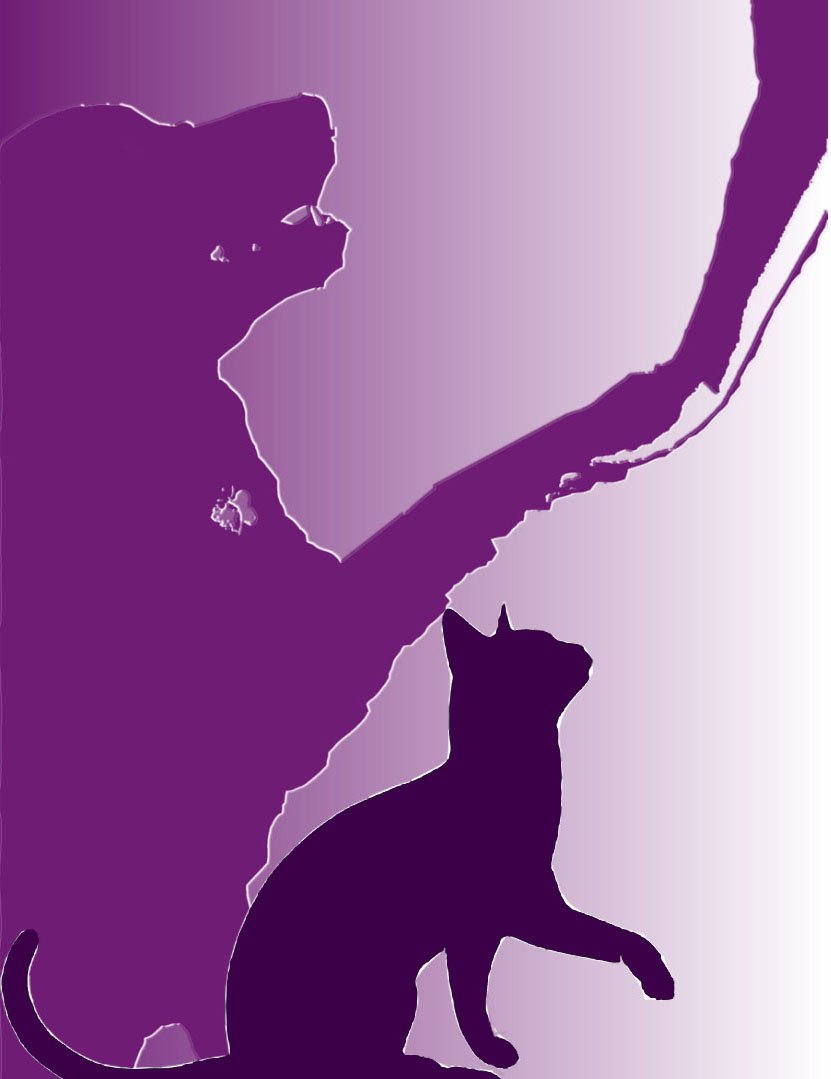Give your dog a job
“Give your dog a job”
What exactly does this even mean?
The recommendation to "give your dog a job" is rooted in the importance of enrichment. Enrichment, which involves offering stimulating environments and activities that enable animals to express their natural species and breed-specific behaviors, is vital, especially for captive animals like our dogs.
Before assigning "jobs" to your dog, ensure you have a clear understanding of what this concept truly entails. Only then can you select activities that genuinely cater to their individual and breed-specific needs, which is vital for their behavioral and emotional health. Choosing tasks that don't tap into their natural instincts may not provide the intended benefits for their well-being.
Understanding the behavioral traits inherent to a dog's species and breed is crucial when considering appropriate "jobs" for them. As predators, dogs, especially breeds selectively bred to enhance specific predatory traits, have a strong need to engage in behaviors that fulfill these instincts. This predatory sequence includes orienting, scenting/tracking, eyeing/stalking, chasing, grab-biting, kill-biting, dissecting, and consuming.
Some examples from a few popular breed groups:
*Herding breeds such as Border Collies, Heelers, Australian Shepherds, German shepherds, or Corgis have had orient, eye/stalk, and chase enhanced through selective breeding and so would benefit from opportunities to control movement and use their incredible stamina. This could be things such as finding livestock herding opportunities or teaching them Treibball, sheep ball, and finding safe places for them to run full speed freely. Herding breeds are also very intelligent and would benefit from learning as much as you can teach them.
*Terriers such as Pit Bulls, Schnauzers, or Yorkies have a fully intact predatory sequence and would benefit from opportunities to seek “prey” and make independent decisions. This could be things such as enrolling them into barn hunts, lure-coursing, or giving them sealed amazon boxes full of treats to tear into.
*More independent and less domesticated "natural" breeds like Huskies, Malamutes, Chows, and Shiba Inu retain a fully intact predatory sequence and possess remarkable endurance. Consequently, they can benefit from activities that allow them to express their independence, such as roaming on a long line in nature, finding safe places for them to run full speed freely, or utilizing their endurance in skijoring.
*Scent hounds such as Beagles, Bassetts, and Bloodhounds have had orient, and scent/track enhanced and retain basic canine baseline of the rest of the predatory sequence and so they would benefit from opportunities to use their nose such as in barn hunt or earth dog or finding buried treasure in a dig pit in the backyard.
*Gun dogs such as Golden Retrievers, Labradors, Vizslas, German Shorthair Pointers, or Standard Poodles have had search, orient, and eye enhanced and retain basic canine stalk, chase, grab-bite and so would benefit from opportunities to use their nose, chase “prey”, and use their mouths. This could be things such as enrolling them into tracking, man-trailing, playing with a flirt pole, learning how to perform dead retrieves, and finding safe places for them to run full speed freely.
These are just a snapshot of the variety within the 10 breed groups. Each breed within a group might have a slightly different original purpose. If you know your dog’s original purpose and how exactly they performed their particular job, this will help you to create enrichment (“jobs”) that target their needs more precisely. A great example is within the herding group: Border Collies herd by 'eyeing' livestock, whereas Heelers herd by driving them. This means activities like sheep ball might suit a Border Collie, while treibball could be better for a Heeler. Every dog is also an individual and may still enjoy activities that aren’t tailored for their breed or breed group, anything that allows them to just be a dog can be highly fulfilling! When selecting a "job" for your dog, prioritize those that tap into inherent behavioral needs to maximize the benefits for both of you.
For tailored recommendations for your dog, please contact me.
From Kim Brophy’s L.E.G.S Applied Ethology Family Dog Mediation Course.



